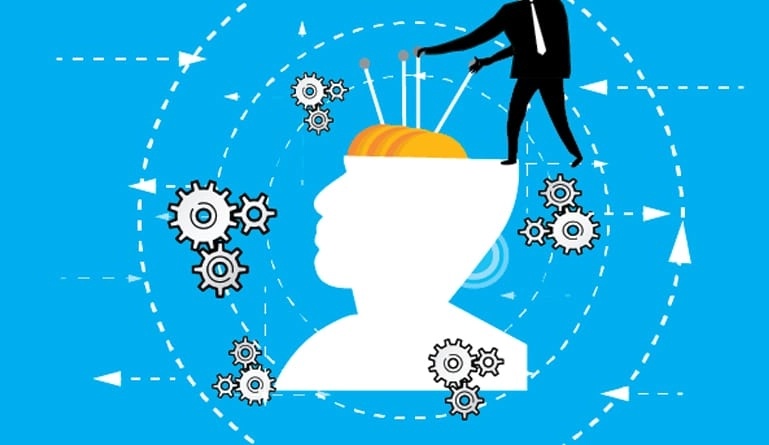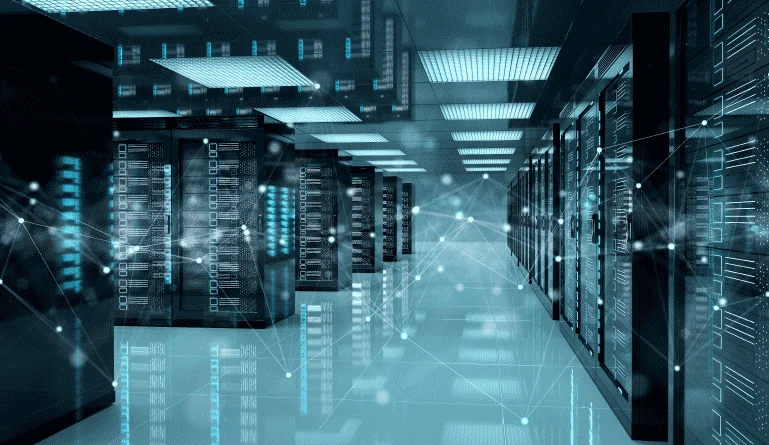Will AI take over all decision-making processes in business?
Artificial intelligence and advanced robotics have changed many businesses already – find out how it will change business decision making.
Artificial intelligence has already made its way into many software and programs that businesses have already adopted. It can help make businesses more efficient, gather better data, and provide prompt service. But can AI really problem solve and make decisions? It can learn, but can it exercise the creativity and even the instinct business leaders sometimes call on for their important decisions?
Artificial intelligence in business decision making will very likely be part of the future. What will it look like? Can businesses combine their resources and use artificial intelligence and human decision making to work together, or will humans simply be replaced?
Why is AI better at decision making?
It’s important to look at AI decision making in context. Right now, there are certain areas where artificial intelligence makes sense as the decision maker – primarily where large amounts of data need to be gathered and analyzed. AI can process more data than any person can, and therefore can make better predictions and make them faster. There is far less bias when it comes to machines making decisions – they are simply driven by data.
Another reason that AI is better suited for decisions than some people is the ability to spot patterns. People are prone to burnout and can easily miss things that a machine can see. With the capabilities of artificial intelligence, including the speed and accuracy of data aggregation and analysis, there is certainly a compelling case for using it in business decision making.
Applications of Artificial Intelligence
AI has already changed the way decisions are made. Facebook uses an algorithm to suggest what you should see when you log on and Amazon decides what you see as a suggestion for your next purchase, all based on previously analyzed user behavior. HR departments can use software to collect and examine potential candidate data and predict who the best fit for a job might be. Are there other applications where AI can make better or more relevant decisions than a person?
One area that seems to have immediate benefit from machines making the decisions is in the area of safety. Some cars have computers that will stop the car without human input to prevent an accident. Some businesses have implemented AI on their factory floors that are meant to minimize injury and remove user decisions about when and if to stop a process that could be potentially hazardous. There is also certainly an application when it comes to financial practices – a computer can take user money and invest that based on data the AI has assessed or an HR program can decide on a salary range for a position based on collected information.
But most businesses and consumers are not completely comfortable handing over complete control of all decisions. While computers are better at gathering complete information than people, they aren’t yet as skilled in using that information. Maybe business leaders across industries like medicine, transportation, marketing, and technology believe that humans are still a necessary component to decision making, based on their years of experience making complex and difficult decisions.
For the time being, the best way to use artificial intelligence and human decision making is in tandem. Right now, the “right decisions” for a business’s bottom line as decided by AI, such as price increases a machine can decide to implement based on data points, might not be the best decisions for the business in general, when taking customer service and expectation into consideration. Human oversight and supervision can provide businesses with the best mix of solid data analysis, methodical predictions, human market experience, and multi-dimensional company goals. While AI will certainly automate and replace certain business tasks, the future of business decision is a partnership between artificial intelligence and human decision making.





